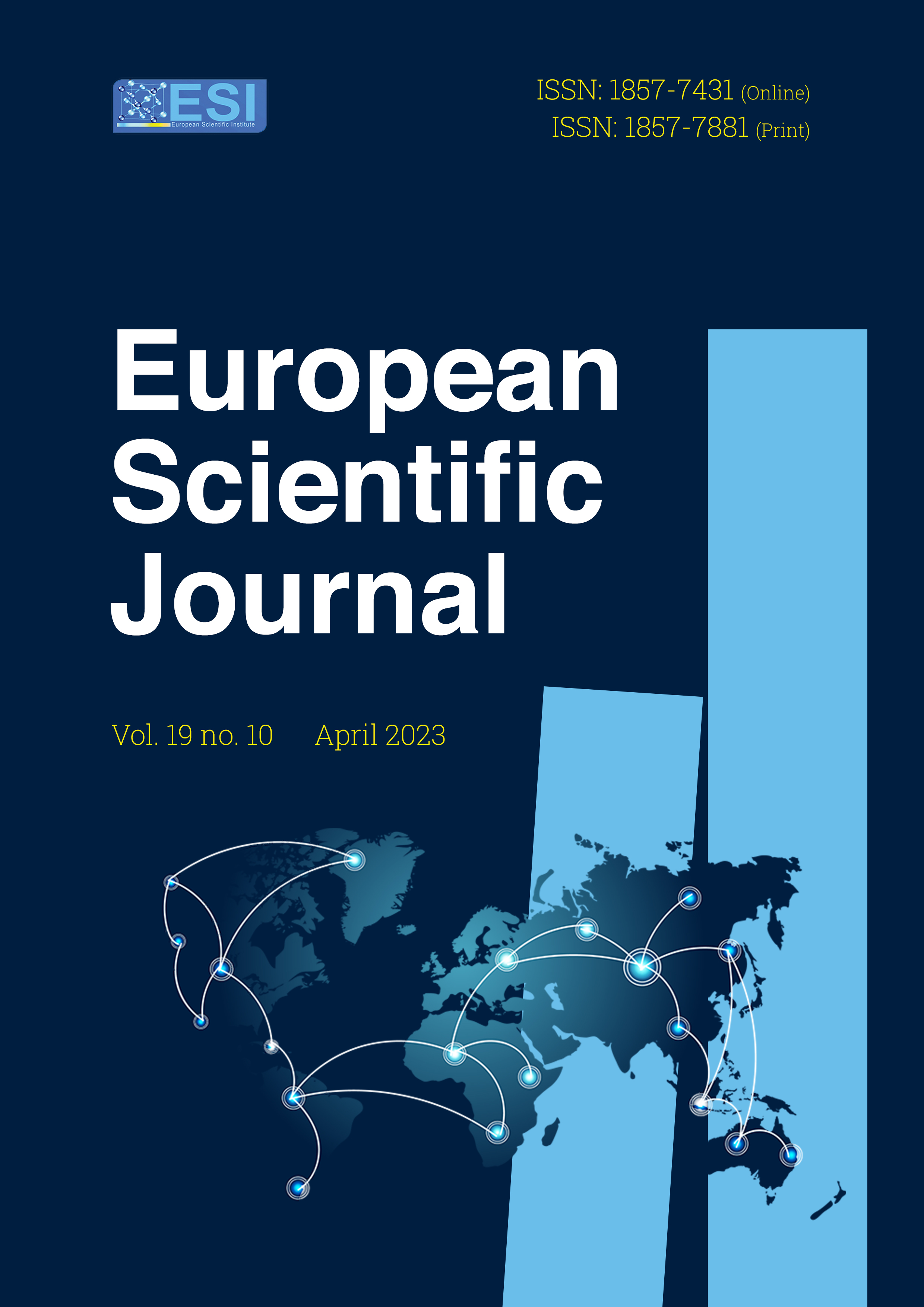Global and Planet Development Models: Theories, Models, Evaluation, and Vision
Abstract
The transformation of global development models from industrialization, technocratic, scientific, and information to economic and free trade models are emerging in the globalization era. Fundamentally, theories of development explore reasons for poor countries and their strategies towards development, which rich and poor countries adopt in order to alleviate the poorest. Many thinkers, economists, philosophers, and scientists are unable to confirm the best models for global development models. This paper focuses on analyzing models, theories, and rationales to find out about the global and planet development models. The study period is from 1944 to 2020. Theories of development originate from modernist model, dependency model, and post development model. According to modernization theory, a number of internal barriers are the reasons why ‘third world’ countries are poor. Dependent theory states that poverty in developing countries is due to a 400-year history of colonialism and slavery. World systems theory argues that countries are underdeveloped due to history of extractive institutions. Neoliberalism philosophy, as a path of development, involves free trade, less government interference, and fewer restrictions on business. As per post development theory principles, development must have social justice, inclusivity, and sustainability. UN model for sustainable development is achieving economic and social development without environmental damage. Globalization theory is a process whereby the world becomes more interconnected. The role and models of international organizations adopted for global development are TNC’s western capitalist-industrialist development model, WTO facilitating free trade based on US-led capitalist model, World Bank funds development in poor countries and adopted neo-liberalism model in third world countries, IMF- global sustainable economic growth and stability model, and UNO-Worldwide cooperation and coordination model to solve international economic, social, cultural, and humanitarian problems. Although man journeys to planets because of abundant economic resources floating up in space, Mars's colonization interest is because of its similarities to earth. The moon industrialization rationality comprises of building materials, water, fuel, oxygen, and other useful resources. The results show planet development model such as planet agriculture model, space economy model, colonization of mars and industrialization of moon, and global multilateral initiations. The UN, World Bank, IMF, WTO, and TNCs should also use the prophecy of “Think Universally and Act regionally and locally”. The future global and planet development model includes transformation from industrialization, technocratic, scientific, free trade, information, and economic models to knowledge intensive, space economy (network and solar energy), mars colonization, and moon industrialization which are the new future models.
Downloads
PlumX Statistics
References
2. Brian Duignan (2021). United Nations: Additional Information | Britannica. Available online: https://www.britannica.com/topic/United-Nations/additional-info#history
3. Cairney, P. (2020). The politics of policy analysis. University of Stirling, Palgrave Pivot. Retrieved from https://paul cairney. files. Wordpress.com/2020/02/paul-cairney-the-politics-of-policy-analysis-palgrave-pivot -full-draft -27.2.20. pdfChidede
4. Dastagiri, M.B. (2017). “The Theory and Economics of MARS and MOON Colonization: Steps and Policy Advocacy Global Agriculture: Vision and Approaches” European Scientific Journal. Published by European Scientific Institute, France, 13(28):239-253.
5. Dastagiri M.B. (2017). “Global Agriculture: Vision and Approaches” European Scientific Journal. Published by European Scientific Institute, France, 13(21):312-325.
6. Dastagiri, M.B. & Bhavigna, L. (2019). “Planet Agriculture: Global Commons Natural resources, Climate change, Models & Vision to Feed Hungry Planet.” Global Advanced Research Journal of Agricultural Science (ISSN: 2315-5094), Nigeria. Vol. 8(10) pp. 286-299, November, 2019 Issue.
7. Dastagiri, MB. (2018). “The origin of Universe: Big Bang to God Theory”, European Scientific Journal, 14, (33), 143-155. Published by European Scientific Institute, France.
8. Dastagiri, MB. & Naga Sindhuja, PV. (2021). “Space economy: boon for socio-economic-nature development for future mankind” International Journal of Current Research, 13, (01), 15438-15448.
9. Dastagiri, MB. (2022). “UNO, World Bank, IMF, WTO Global Multilateral Institutions in Multipolar World: Geo-Political &Economic Policy Analysis” Texas A&M International University, 26th Annual Western Hemispheric Trade Conference Proceedings, held on April 6-8, 2022 in Laredo, Texas, USA.
10. Elon Musk (2016). Colonization of Mars - City Tech Open Lab.
11. Lesay Ivay (2012). “How “Post'' is the Post-Washington Consensus?”, Journal of Third World Studies, 2012, 29 (2), p. 183.
12. Lillian Karabaic & Michael Kincaid. Background Briefing: International Monetary Fund. International Monetary Fund Euro Crisis Simulation Phase I: IMF. 1-7.
13. Maki et al. (2017). Using Meta-Analysis in the Social Sciences to Improve Environmental Policy. W. Leal Filho et al. (eds.), Handbook of Sustainability and Social Science Research, World Sustainability Series, https://doi.org/10.1007/978-3-319-67122-2_2.
14. Ruger Jennifer (2005). The changing role of the World Bank in global health”, American Journal of Public Health, 95 (1), pp. 60-70.
15. https://revisesociology.com/globalisation-global-development/
16. Wikipedia https://en.wikipedia.org › wiki › Lunar resources
Copyright (c) 2023 M.B. Dastagiri

This work is licensed under a Creative Commons Attribution-NonCommercial-NoDerivatives 4.0 International License.








